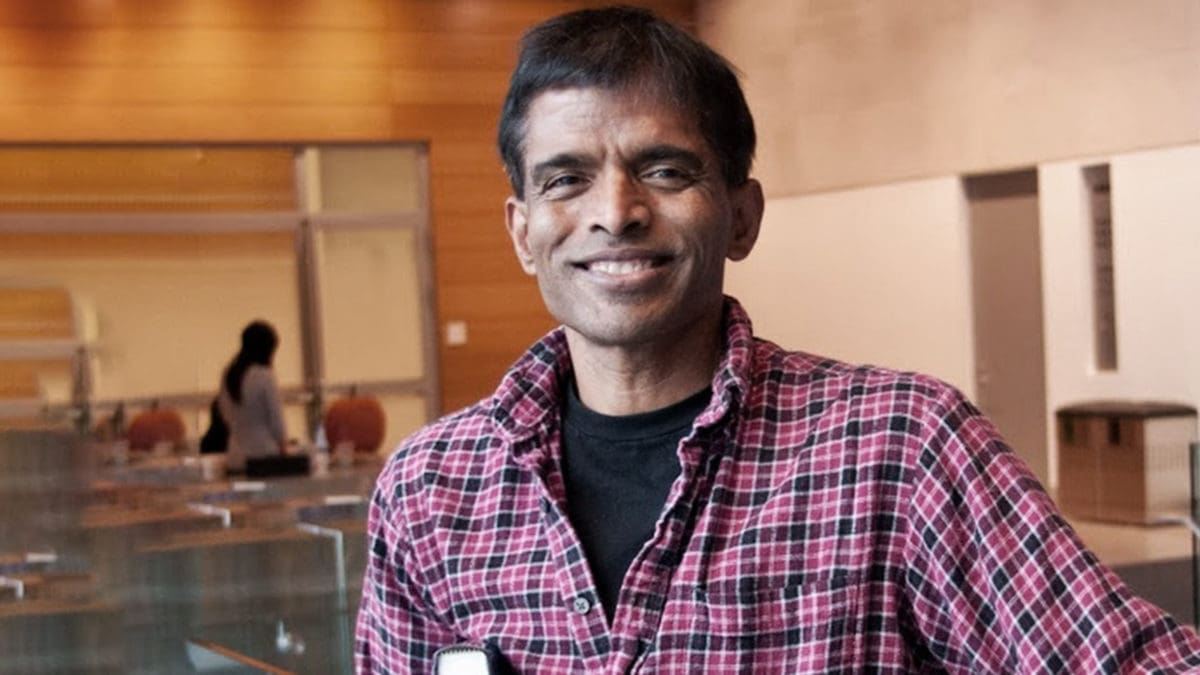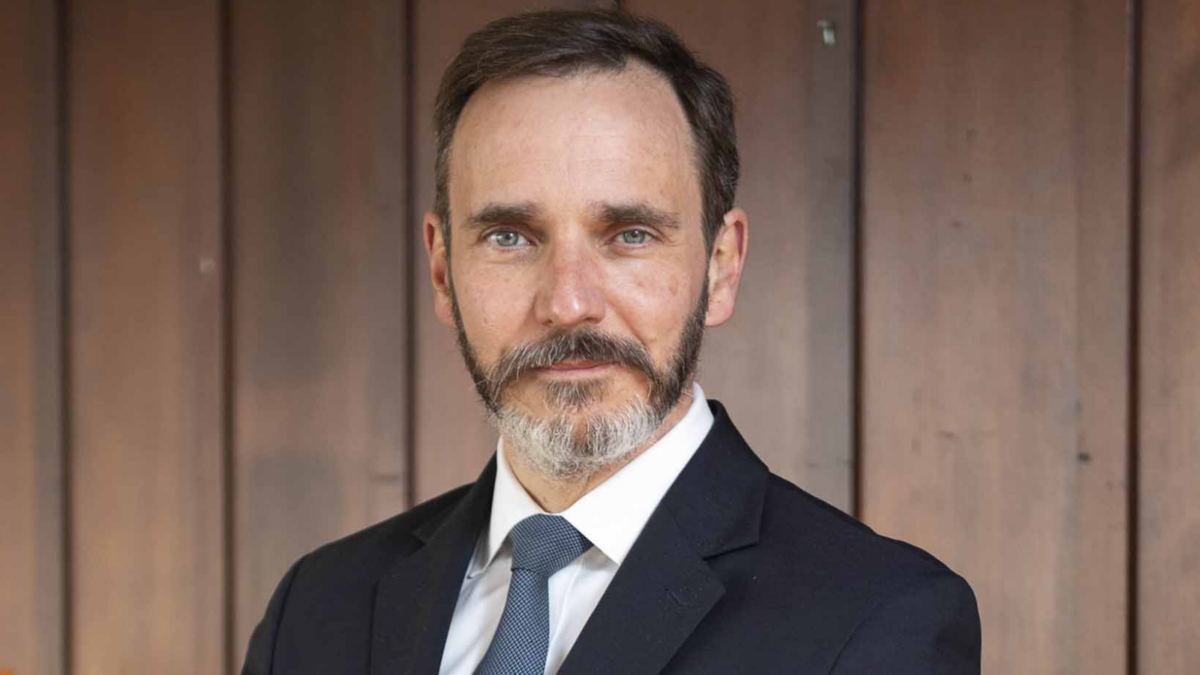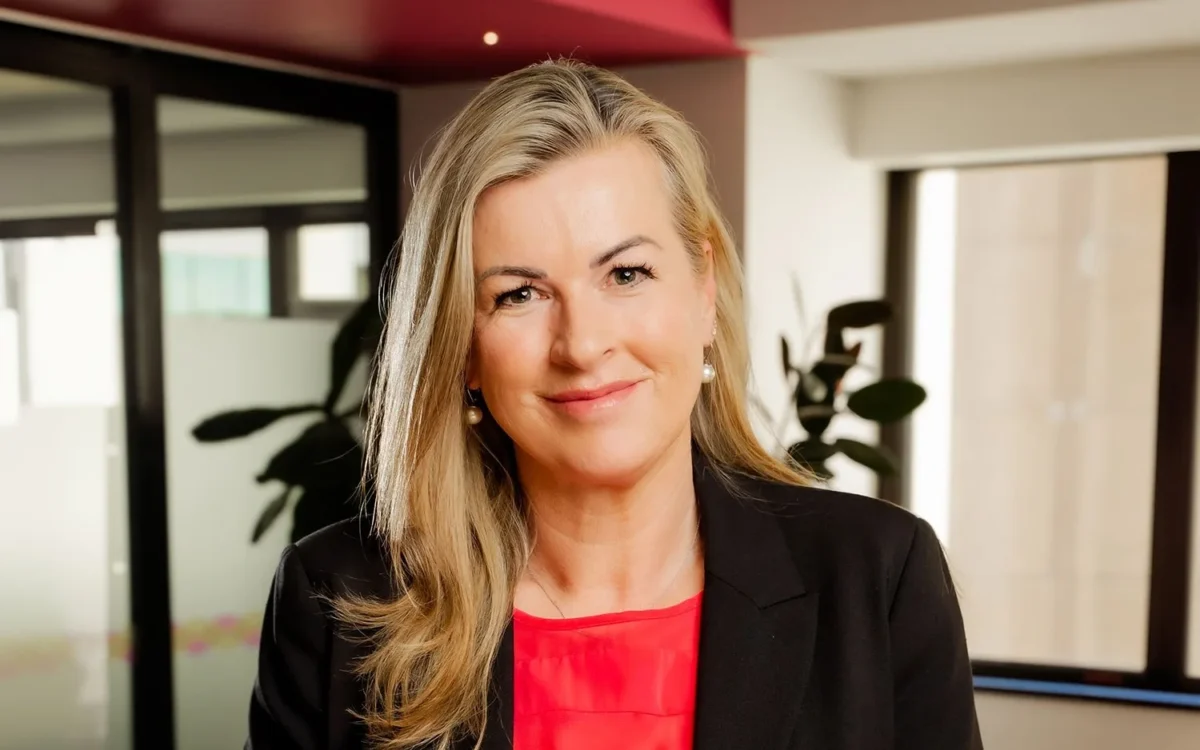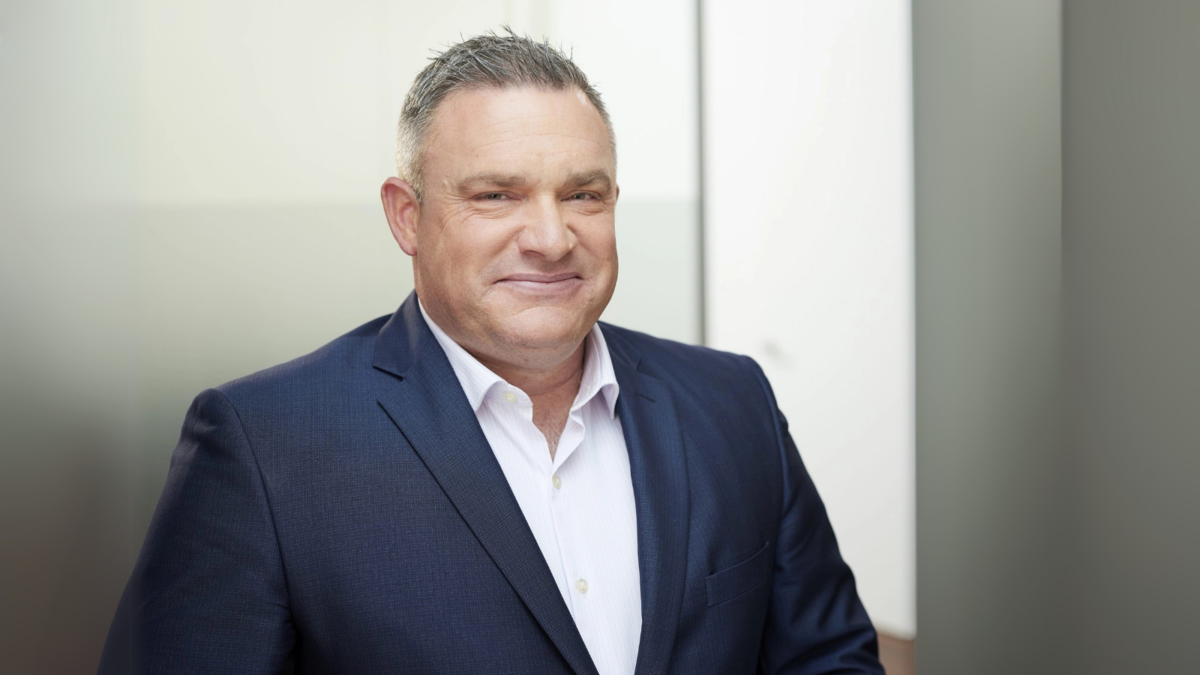-
Sort By
-
Newest
-
Newest
-
Oldest
True to form, US stocks are outperforming Aussie shares on the back of a resurgence in technology-related company valuations. Economists warn against straying from diversification, however, with Aussie miners still offering investors capital returns on top of an underlying hedge against a US downturn.
Fear of an impending recession in the US has been hashed out for more than 18 months now, says Francis Gannon. The reasons are myriad, but not enough people are talking about what shape a recovery would take and how investors should position themselves.
ESG is the “emptiest” idea, according to Aswath Damodaran, while AI will morph into higher costs for companies overall with no competitive advantage in a world where the technology is ubiquitous.
While analysts see a negotiated deal as the most likely outcome, a compromise is still not guaranteed. The bigger concern, they say, stems from ballooning government debt loads across developed markets in the wake of pandemic spending.
There is a hidden bifurcation in the S&P 500 that retail investors may not be seeing, but it has private investment manager Neuberger Berman showing a degree of caution.
The RBA will either take the road that equity markets are pricing in, and try to nail a smooth landing, or follow the road that bond markets anticipate and re-raise interest rates, according to Atrium’s Brendan Paul.
The average annual interest rate on banks’ one- and three- year term deposits has risen to 3.2 per cent from 0.25 per cent over the past year. With markets expecting the official cash rate to peak soon, savers looking to lock in attractive rates will find the best deals with smaller, newer banks, analysts say.
While still high, inflation in developed economies is showing signs of slowing down according to New York-based investment management firm Neuberger Berman, with markets set to benefit from increasingly stable conditions.
They can either tighten policy to squash inflation or ease to prevent financial contagion, but there’s no right answer for central banks according to Ruffer’s Duncan MacInnes.
AMP recently promoted senior economist Diana Mousina to a new role, deputy chief economist, in recognition of her achievements and succession path. Like other economists, Mousina sees a recession on the cards for Australia, although the timeline may be longer than many hope.
With rising financial stability risk complicating the already uncertain outlook for global economies, the IMF warns a hard landing is becoming more likely, while Australia is set for particularly weak growth in the short-term. Inflation remains the prevailing concern.
The current economic cycle is too changeable to set any portfolio to autopilot, according to Mason Stevens’ Jacqueline Fernley. Counterpoints to conviction are needed, and the devil’s advocate should be your friend.








